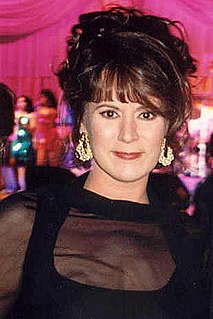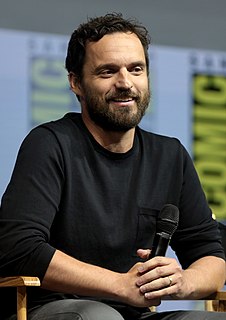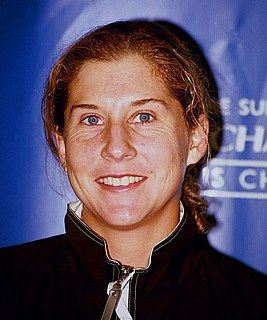A Quote by Aimee Bender
For me, even in my first book, the pleasures of writing anything magical is that it has to be physical. It has to be grounded and very much in this world. Then, I get to play with all the consequences of this new thing.
Related Quotes
The best advice on writing was given to me by my first editor, Michael Korda, of Simon and Schuster, while writing my first book. 'Finish your first draft and then we'll talk,' he said. It took me a long time to realize how good the advice was. Even if you write it wrong, write and finish your first draft. Only then, when you have a flawed whole, do you know what you have to fix.
Anthropological fieldwork is so much like writing a novel. Granted, you don't have the physical disruption and disorientation, but writing a novel is like entering a new culture. You don't know what the hell is going on. And every day you feel like you have nothing, you're going nowhere. Or you feel that first it's going somewhere, but then you get into that horrible middle part.
There is always going to something very grounded about the characters I play, because of my Chicago roots, because the city is so grounded. Even my wife pointed it out when we were in the city, she said that even the architecture is grounded in Chicago, it's so solid. Because it has to deal with winters. There is something about Chicago that keeps people centered and grounded.
If you invent two or three people and turn them loose in your manuscript, something is bound to happen to them -- you can't help it; and then it will take you the rest of the book to get them out of the natural consequences of that occurrence, and so first thing you know, there's your book all finished up and never cost you an idea.
Music, to me, is the most beautiful form, and I love film because film is very related to music. It moves by you in its own rhythm. It's not like reading a book or looking at a painting. It gives you its own time frame, like music, so they are very connected for me. But music to me is the biggest inspiration. When I get depressed, or anything, I go "think of all the music I haven't even heard yet!" So, it's the one thing. Imagine the world without music. Man, just hand me a gun, will you?
I decided that I want to live the rest of my life happy with what I'm doing. So when I play tennis again, I have to play it for the right reason. I don't want to play to get my No. 1 ranking back. I don't want to play for the attention, or to earn more. I don't even want to play because the world wants to see me do it, even though it's nice to know that the world is interested. I only want to play because I love the game, which is the reason I began to play at age seven in the first place.
About a year after (my stories began being published), magazine editor George Scithers, suggested to me that since I was so new at being published, I must be very close to what I had to learn to move from fooling around with writing to actually producing professional stories. There are a lot of aspiring writers out there who would like to know just that. Write that book.SFWW-I is that book. It's the book I was looking for when I first started writing fiction.
One of the other reasons for writing this book [My Beloved World] was to hold on to the person you first met. More of the world knows about me now and follows me in a way that never happened before. I didn't want me, the inside of me, to change. Because I liked Sonia, the Sonia who has been. So another reason for writing the book was to hold on to that - whatever the best in Sonia was, to try to capture it.
When I was first writing 'Feed' - which was the first book I published as Mira - I talked about it very openly on my blog, on Twitter, that I was writing this book, and it wasn't until after it was sold that I said 'Mira Grant' wrote this book. And the reason there was really purely marketing-based.
We get no good By being ungenerous, even to a book, And calculating profits--so much help By so much reading. It is rather when We gloriously forget ourselves, and plunge Soul-forward, headlong, into a book's profound, Impassioned for its beauty, and salt of truth-- 'Tis then we get the right good from a book.







































